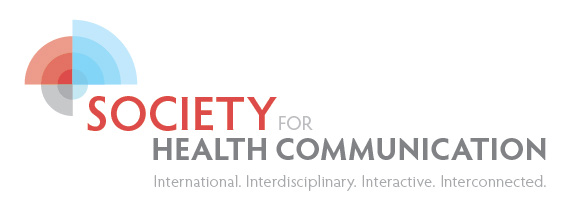HEALTH CARE
Healthcare services play a critical role in promoting well-being, providing medical care, and improving patient outcomes. As the healthcare industry evolves, healthcare services have also evolved to meet the changing needs of patients, providers, and organizations. Here, we explore some of the key services offered in healthcare services, along with the latest trends shaping the industry.
- Telehealth and Telemedicine: Telehealth and telemedicine services have gained significant traction, especially during the COVID-19 pandemic. These services leverage technology to provide remote healthcare consultations, diagnosis, and treatment. Patients can connect with healthcare professionals through video calls, receive virtual care, and access medical advice from the comfort of their homes.
- Electronic Health Records (EHR): EHR services focus on digitizing patient medical records, making them accessible to healthcare providers across different settings. EHR systems improve care coordination, reduce errors, and enhance patient safety. They facilitate seamless information exchange, enabling healthcare professionals to have a comprehensive view of a patient’s medical history.
- Remote Patient Monitoring: Remote patient monitoring services enable healthcare providers to monitor patients’ vital signs and health parameters remotely. Devices such as wearables and mobile apps collect data on patients’ blood pressure, heart rate, glucose levels, and more. Healthcare professionals can remotely monitor and manage chronic conditions, identify potential issues, and provide timely interventions.
- Health Data Analytics: Health data analytics services involve the analysis of large volumes of healthcare data to extract valuable insights. Data analytics can help healthcare organizations identify trends, improve patient outcomes, and optimize resource allocation. Advanced analytics techniques, such as predictive modeling and machine learning, are being used to drive precision medicine and personalized healthcare.
- Population Health Management: Population health management services focus on improving the health outcomes of specific populations. Healthcare providers analyze population data to identify health risks, implement preventive measures, and develop targeted interventions. These services aim to enhance overall community health and reduce healthcare costs by proactively addressing health issues.
Latest Trends in Healthcare Services:
- Artificial Intelligence (AI) and Machine Learning (ML): AI and ML are transforming healthcare services by enabling advanced diagnostics, treatment planning, and decision support. These technologies can analyze complex medical data, assist in medical imaging interpretation, predict disease progression, and optimize treatment plans.
- Telehealth Expansion and Integration: Telehealth services have experienced significant growth and acceptance. The trend is likely to continue as healthcare organizations integrate telehealth into their regular service offerings. Telehealth is expanding beyond primary care to include specialties such as mental health, dermatology, and chronic disease management.
- Personalized Medicine: Personalized medicine focuses on tailoring medical treatments to an individual’s unique characteristics, such as genetics, lifestyle, and medical history. Healthcare services are incorporating genetic testing, genomic profiling, and precision therapies to deliver targeted treatments and improve patient outcomes.
- Cybersecurity and Data Privacy: As healthcare services increasingly rely on digital systems and patient data, the importance of cybersecurity and data privacy has grown. Protecting patient information from cyber threats and ensuring compliance with data protection regulations are critical considerations for healthcare organizations.
- Patient-Centered Care: Patient-centered care is gaining prominence as healthcare services focus on involving patients in decision-making and delivering a more personalized experience. Healthcare providers are actively engaging patients through shared decision-making, patient portals, and health apps to promote better health outcomes and patient satisfaction.
As the healthcare industry continues to evolve, healthcare services adapt to the latest trends and advancements. By leveraging technology, data analytics, and patient-centered approaches, healthcare service providers strive to deliver high-quality care, improve patient outcomes, and enhance the overall healthcare experience.
Useful Link
Contact
- Office Location 12603 Farm to Market Rd 529, Houston, TX 77041
- Landline : +12819543900
- Phone: +1 (816) 715-1565
- For project queries; sales@geastersolutions.com
- For general queries; webmaster@geastersolutions.com




